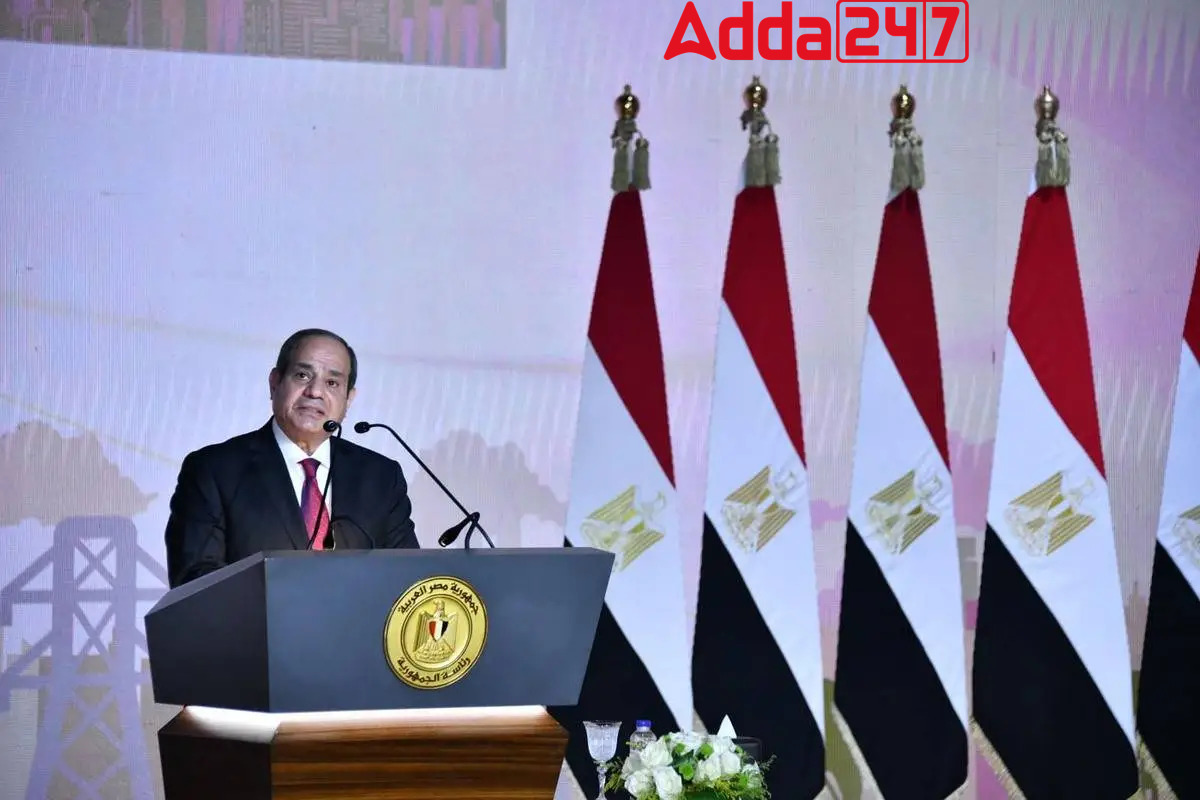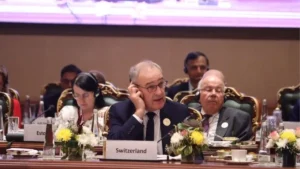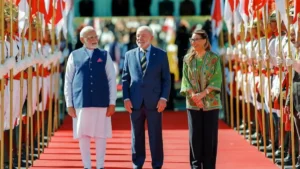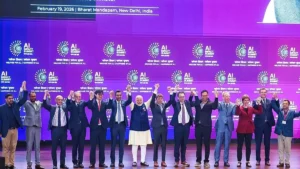Egypt’s President Abdel Fattah al-Sisi, 69, has commenced his third term as the leader of the nation, extending his tenure until 2030. Amidst battling economic challenges, Sisi vows to prioritize national interests and fulfill the aspirations of the Egyptian people for a modern, democratic state.
Inaugural Pledge and Political Landscape
- Reaffirmation of Commitment: Sisi pledges to remain dedicated to nation-building and serving the interests of Egypt.
- Election Victory: Securing 89.6% of the vote in the December election, Sisi’s victory solidifies his position, though critics raise concerns about the electoral process.
- Opposition Dynamics: Observers note the sidelining and imprisonment of opposition challengers, raising questions about the electoral integrity and political landscape.
Economic Challenges and Infrastructure Projects
- Economic Crisis: Egypt grapples with a significant economic downturn, marked by soaring inflation and currency devaluation.
- Infrastructure Development: The inauguration coincides with the opening of the New Administrative Capital, a $58-billion megaproject symbolizing Sisi’s ambitious infrastructure initiatives.
- Debt Concerns: Critics express apprehension over the heavy debt burden incurred by the government, fueled by extensive spending on infrastructure projects.
Financial Boost and International Support
- Financial Influx: Egypt receives over $50 billion in loans and investments in the first quarter of 2024, aiming to alleviate foreign currency shortages and stimulate economic growth.
- Key Investments: The United Arab Emirates pledges a $35-billion land development deal, signaling international confidence in Egypt’s economic prospects.
- Multilateral Assistance: The IMF, EU, and World Bank commit to providing additional financing, with a focus on bolstering Egypt’s economic resilience and capacity to withstand future shocks.




 Geneva to Host AI Summit 2027 & UAE ...
Geneva to Host AI Summit 2027 & UAE ...
 India-Brazil Seal 10 Big Deals: A New Po...
India-Brazil Seal 10 Big Deals: A New Po...
 AI Impact Summit 2026 Concluded As 89 Na...
AI Impact Summit 2026 Concluded As 89 Na...








